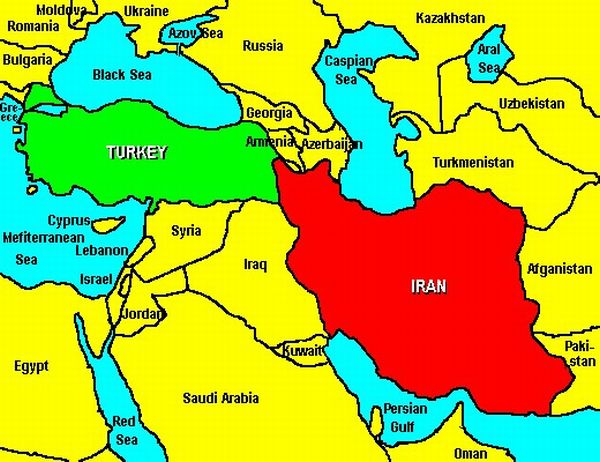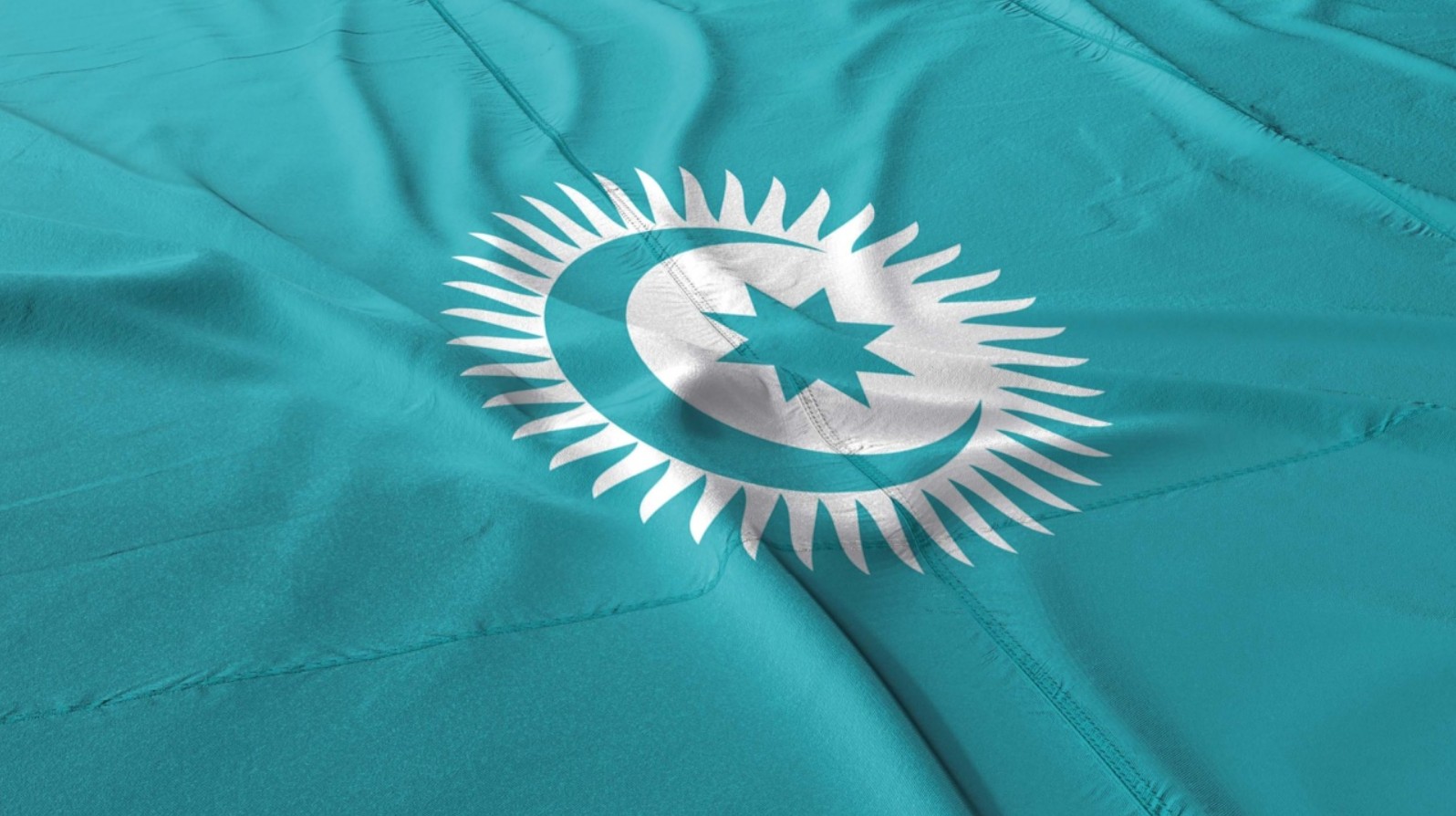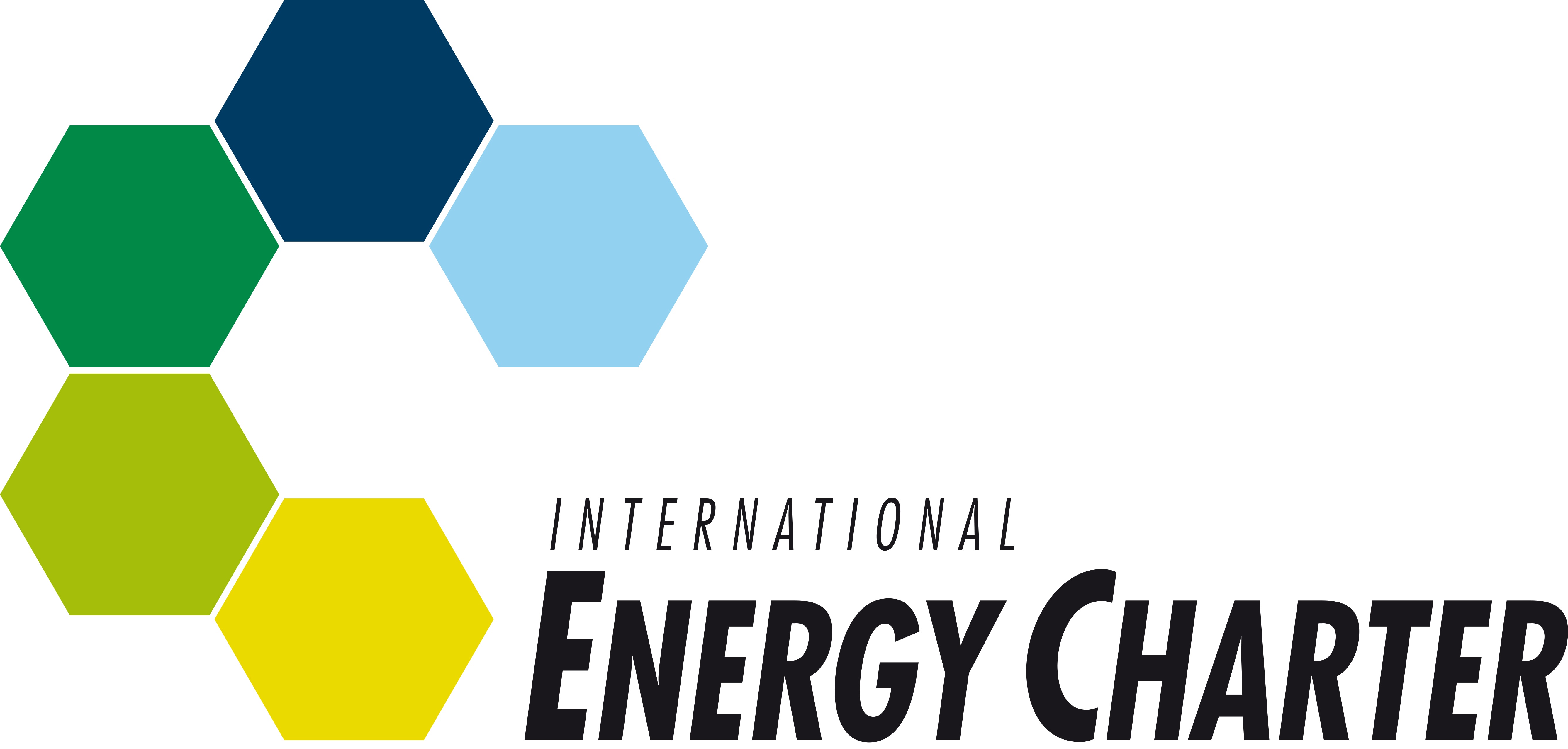
IranReview.org
20.05.2016
Developments in the Middle East as well as intraregional coalitions and alliances have a mostly ideological nature. In other words, regional strategies are inspired by ideas and identities. Bobby S. Sayyid, the author of “A Fundamental Fear: Eurocentrism and the Emergence of Islamism,” believes that at present four worldviews and narrations; that is, the Western one as well as Iran's revolutionary worldview, Arab Sultanism, and Turkish Kemalism [with the latter being promoted by Turkey’s ruling Justice and Development Party (AKP)] are in confrontation and interaction in the region. He says that while sultanate regimes are on decline, other worldviews are not able to offer any complete and absolute substitute and replacement for it. As a result, about 20 years ago, he imagined an uncertain and undetermined situation for the Middle East in which Turkey’s Kemalism would compete with the Iranian way of thinking. At present, we practically see that confrontation among the aforesaid worldviews, existence of theoretical, spiritual and identity voids, in addition to foreign and security-based interventions have joined hands to bring about a tragic situation in the Middle East. When rationalist worldviews defuse each other’s energy, the result is creation of big spiritual gaps, which instead of getting mixed with a civil environment, get mixed with a security environment and pave the way for the emergence and expansion of such terrorist groups as Daesh and al-Nusra Front.
Therefore, cooperation between Turkey and Iran, for the following reasons, can be a sound strategy for breaking the above vicious circle. Despite many differences between the two countries over regional issues and Turkey’s membership in the North Atlantic Treaty Organization (NATO), one of the easiest solutions could be relative expansion of cooperation between Tehran and Ankara because:
1. Due to historical and religious reasons and since they have been a venue for encounters among different worldviews, Turkey and Iran have basically been, and still are, promoters of moderation. First of all, Anatolian Islam has always felt some kind of affinity with Iran throughout history due to three major factors that abound in it, that is, mysticism, domination of wisdom and philosophy, and the love of Prophet Mohammad (PBUH)’s Household. Secondly, the two sides enjoy common grounds including commonalities in such fields as religious and cultural identity and history in addition to common experiences in the area of modernity and interaction with the Western powers. Thirdly, the two countries share a common fate right now in the face of major transregional power. Iran and Turkey are also facing common ethnic and social problems and vulnerabilities.
2. Turkey is the sole country in the region through whose cooperation it would be possible to tone down and even totally defuse psychological operations and propaganda that aim to fan the flames of Shia-Sunni war. If we managed to do away with the notion of Arab-non-Arab war during the Iraqi imposed war on Iran through cooperation with Syria as an Arab country, Tehran-Ankara axis can now play the same role and thwart the operations launched to foster a war between Shias and Sunnis.
3. If, in addition to its confrontation with the Wahhabi worldview, the Iranian worldview comes to loggerheads with the Muslim Brotherhood worldview of Turkey’s Justice and Development Party as well, the final outcome of this situation would be a void of identity and knowledge and civility, which will result in more extremism and terrorism and turn into a historical incentive for further expansion of Wahhabi ideas. A conflict between Turkey and Iran will only delay the collapse of sultanate regimes in the Persian Gulf region. In other words, the final product of a confrontation between Iran and Turkey would be growth of Salafist ideas and extremism as a result of which Wahhabism will find more breathing space. Under these circumstances there would be no room for the development of the Islamic Republic of Iran's tenets, and neither civil ideas of the Muslim Brotherhood would thrive, nor the political philosophy of developmentalist and economy-based Justice and Development Party, which claims not to be bound by party limits. The current situation of relations between the two countries with regard to regional issues is to same extent reminiscent of a lose-lose game and will be detrimental to both sides and only beneficial to Salafism and irrational movements, which are their common enemies. On the level of hard power, it must be also admitted that if the two countries enter into a conflict through confrontation or alignment with Wahhabism and Zionism, their domestic and foreign policies would totally get out of a civil, economic, trade-based, and developmentalist phase and become more securitized as a result of which the only parties to benefit would be Western countries and Saudi Arabia. Basically speaking, Turks cannot forge a successful long-term partnership with Saudis due to their identity-based disharmony with Saudis.
4. Another point is that even if any of the existing rival forces involved in proxy wars are defeated in the Middle East, there is no guarantee that this would be the end of the game because they may just shift their conflict to other regions, including Caucasus and Central Asia. This option would be very favorable for the United States. Therefore, reconciliation and sufficing to a certain degree of development and influence can be the sole way out of the current deadlock in the region.
Key Words: Vicious Circle, Middle East, Iran, Turkey, Cooperation, Bobby S. Sayyid, Revolutionary Worldview, Arab Sultanism, Turkish Kemalism, Justice and Development Party (AKP), Confrontation, Interaction, Daesh, al-Nusra Front, Shias, Sunnis, War, Muslim Brotherhood, Wahhabism, Zionism, Caucasus, Central Asia, Mozaffarpour
* Nematollah Mozaffarpour - Expert on Turkey Studies
* Photo Credit: The Race for Iran
* Link of the original post: http://www.iranreview.org/content/Documents/The-Vicious-Circle-of-Middle-East-Why-Iran-Turkey-Cooperation-Is-Important-.htm
© 2009-2025 Avrasya İncelemeleri Merkezi (AVİM) Tüm Hakları Saklıdır
Henüz Yorum Yapılmamış.
-
GKRY’NİN YENİ LİDERİ NİKOS ANASTASİADİS VE KIBRIS SORUNU
Tugay ULUÇEVİK 11.03.2013 -
 WHY THE US MUST INCLUDE THE ORGANIZATION OF TURKIC STATES IN ITS CENTRAL ASIA POLICY - THE NATIONAL INTEREST - 13.01.2026
WHY THE US MUST INCLUDE THE ORGANIZATION OF TURKIC STATES IN ITS CENTRAL ASIA POLICY - THE NATIONAL INTEREST - 13.01.2026
Luke COFFEY 14.01.2026 -
RUM KİLİSESİ’NİN GERÇEK OYUNU
Prof. Dr. Ata 15.01.2013 -
PUTİN’İN ÇİN’DEN BATIYA TEHDİTLERİ
Prof. Dr. Alaeddin YALÇINKAYA 01.06.2014 -
 EU’S EXIT FROM THE ENERGY CHARTER TREATY (ECT) - 02.08.2023
EU’S EXIT FROM THE ENERGY CHARTER TREATY (ECT) - 02.08.2023
Deniz ÜNVER 02.08.2023


